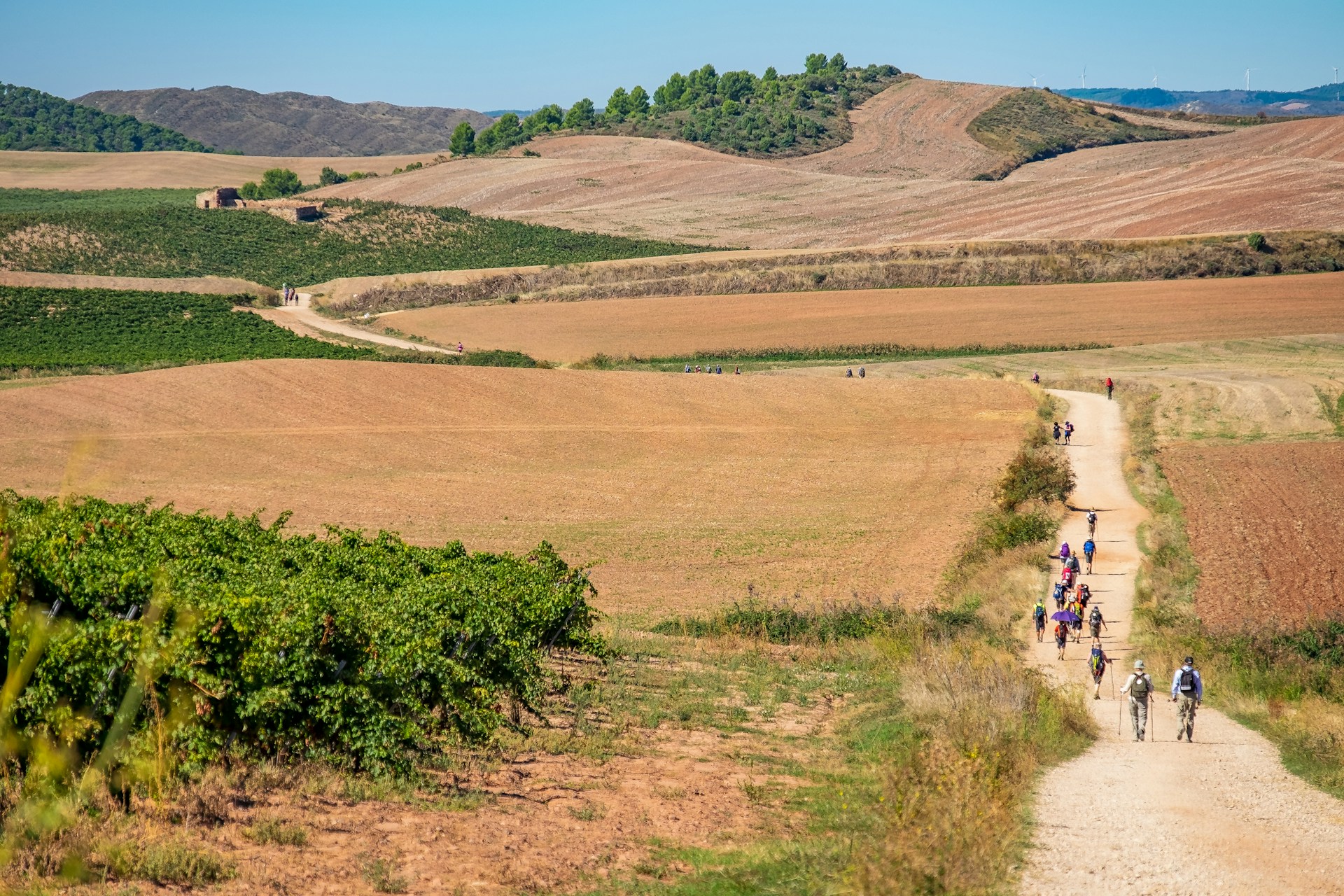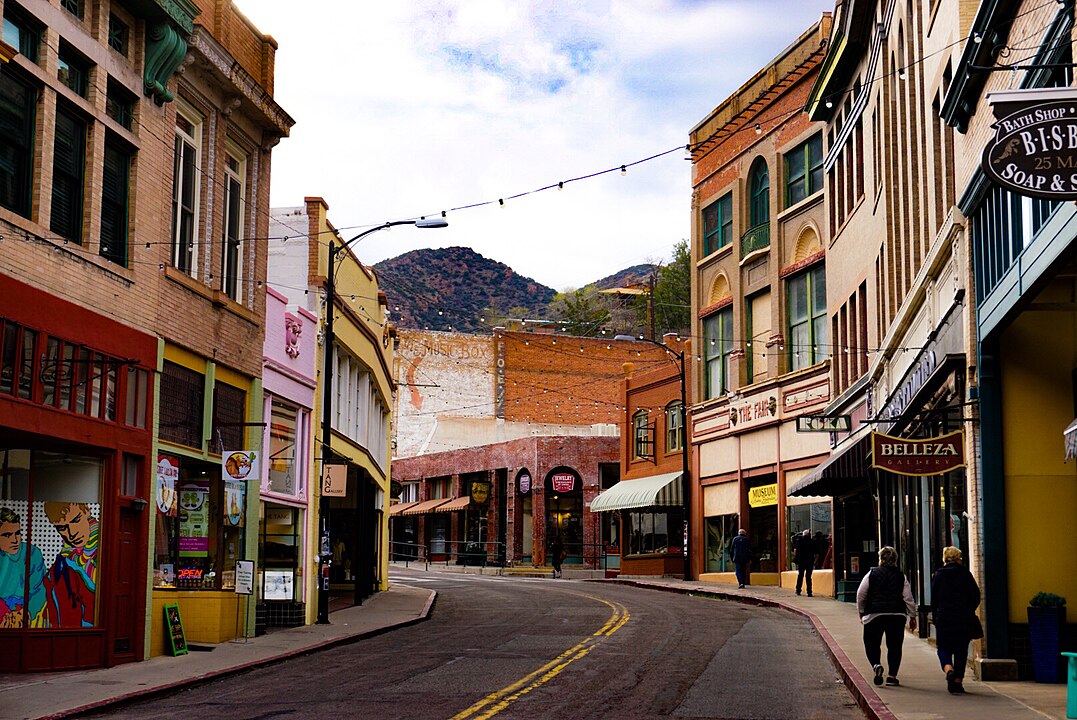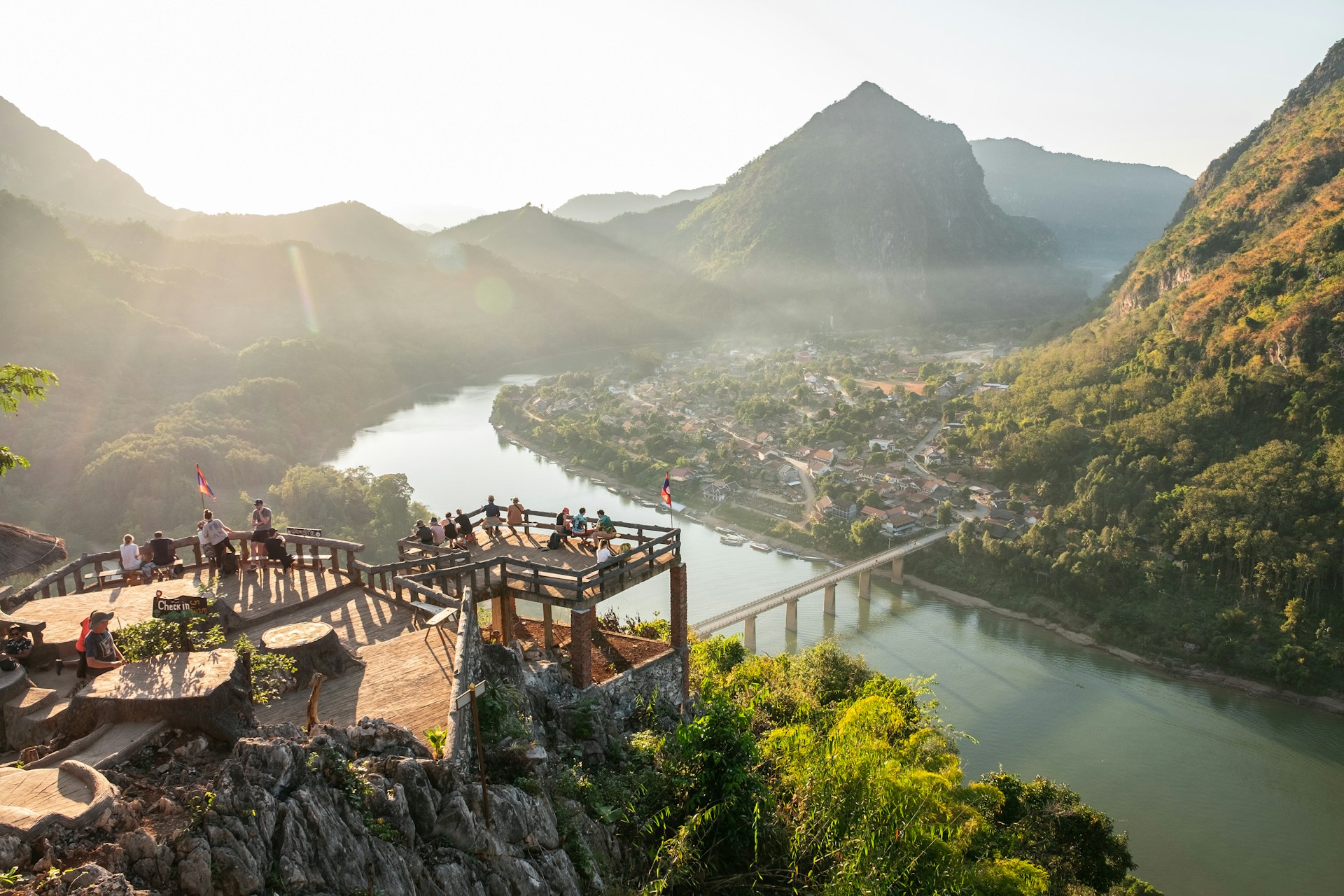Life rarely pivots on hotel views. It shifts through small choices: a road taken on foot, a table shared, a language practiced until it sticks. Trips that change a person do not chase checklists; they deepen patience, curiosity, and care. Here are ten experiences that nudge perspective without drama, then carry the lesson home. Each turns a place into a teacher, a guide, or a mirror, and the souvenirs arrive later as habits, friendships, and a calmer way of paying attention.
Walk a Pilgrimage
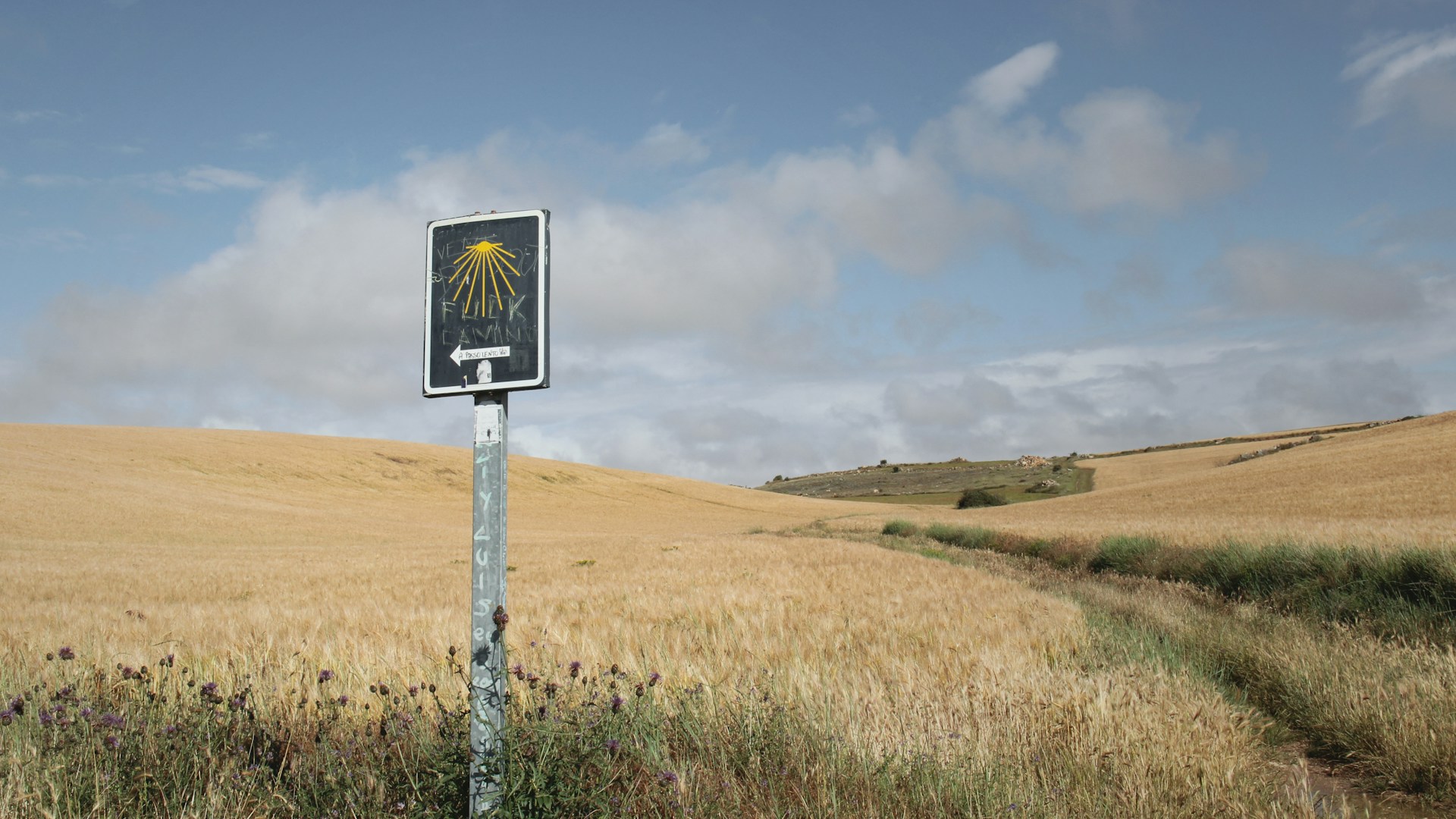
Walking a pilgrimage ties distance to intention. Paths like the Camino and the Kumano Kodo pass farms, chestnut woods, and hill towns where stamps mark progress and strangers turn into companions by dusk. Waymarks keep the pace humble, local kitchens close the day, and blisters teach limits that gear cannot fix. By the last shrine or cathedral, attention has changed; the body trusts steady effort, and that rhythm follows home long after the final mile.
Live With a Host Family
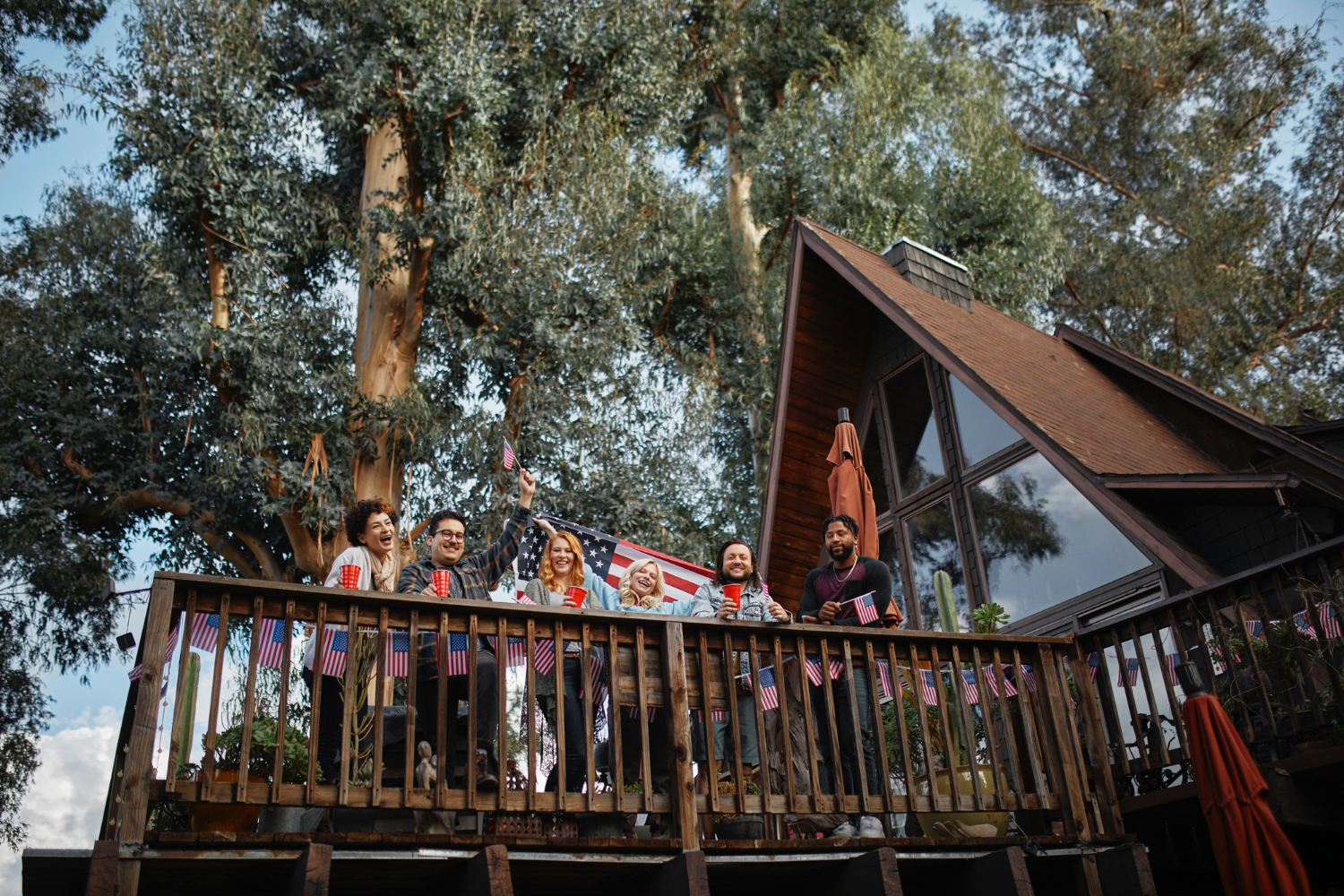
A homestay replaces lobbies with a kitchen where life happens unedited. Mornings bring a kettle, a school run, and small stories over bread or rice. House rules reveal values, market trips define freshness, and chores turn into shared jokes by midweek. A neighborhood takes shape through doorways and names, not attractions, and a guest learns the city by stove light and bus routes. Goodbyes feel like promises to return, not a checkout time. New foods become favorites.
Volunteer for Conservation

Conservation work grounds big landscapes in simple, careful tasks. On a coast, volunteers survey turtle nests at dawn, measure tracks, and relocate eggs when storms threaten; on a reef, they log fish counts and scrape invaders from coral heads. Local biologists teach the rhythms of tide and season, then hand over real responsibility. The change sticks because it is tactile and repeatable, a practice that travels home to beaches, parks, and rivers that have been ignored for years.
Take a Long-Distance Train

A long-distance train turns movement into story. Compartments share snacks and news while the dining car hums through counties, climates, and time zones. Dawn brings a fresh river outside the window; night brings station lights flickering in glass; conductors become guides with maps and gossip. Arrivals feel earned instead of consumed, and patience becomes easy. The continent stitches itself together at a human pace, and attention follows, learning to notice without rushing.
Work a Harvest on a Small Farm
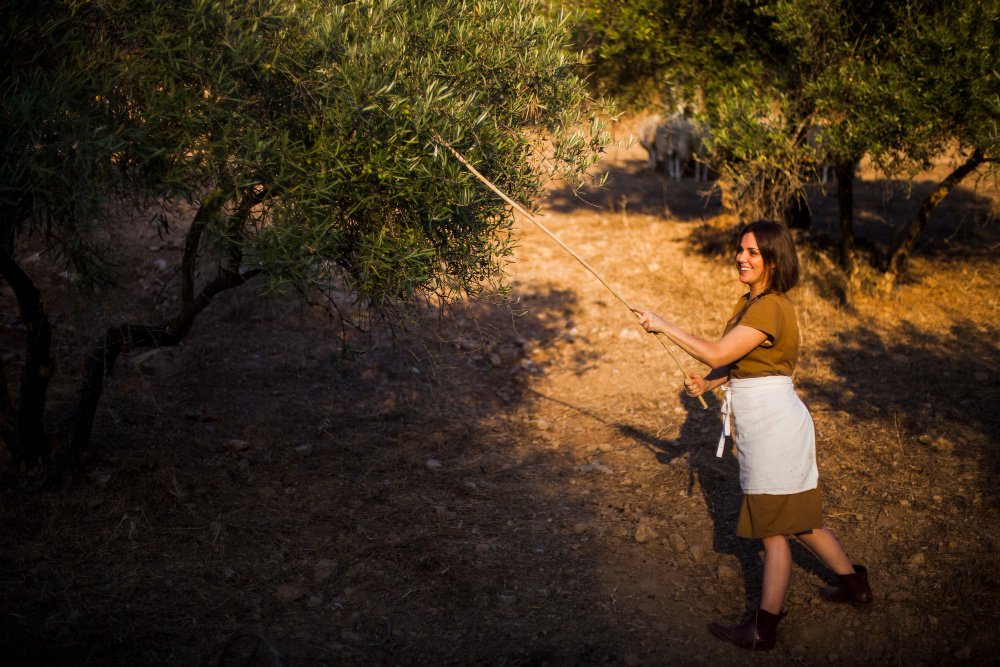
Harvest work puts hands where food begins. Sunrise starts with dew on boots and a row to finish before the heat arrives; crates fill with tomatoes that smell like vines, peaches that bruise if hurried, herbs that stain fingers. Lunch tastes brighter because it was picked an hour ago, and weather becomes a serious conversation partner. The body sleeps hard, pride feels simple, and dinners become recipes told in soil, sun, and the names of people who raised the meal.
Learn a New Language in Country

A month of immersion turns mistakes into milestones. Class time sets grammar bones, but the breakthroughs happen at markets, on buses, and in jokes that finally land across a cafe table. A library card arrives, news broadcasts start to parse, and dreams borrow new sounds. Menus make sense, invitations multiply, and maps feel less like puzzles. Fluency may be far off, yet the mind keeps the door open, and that pathway reshapes work, friendship, and curiosity for years.
Trek With Local Guides for Days
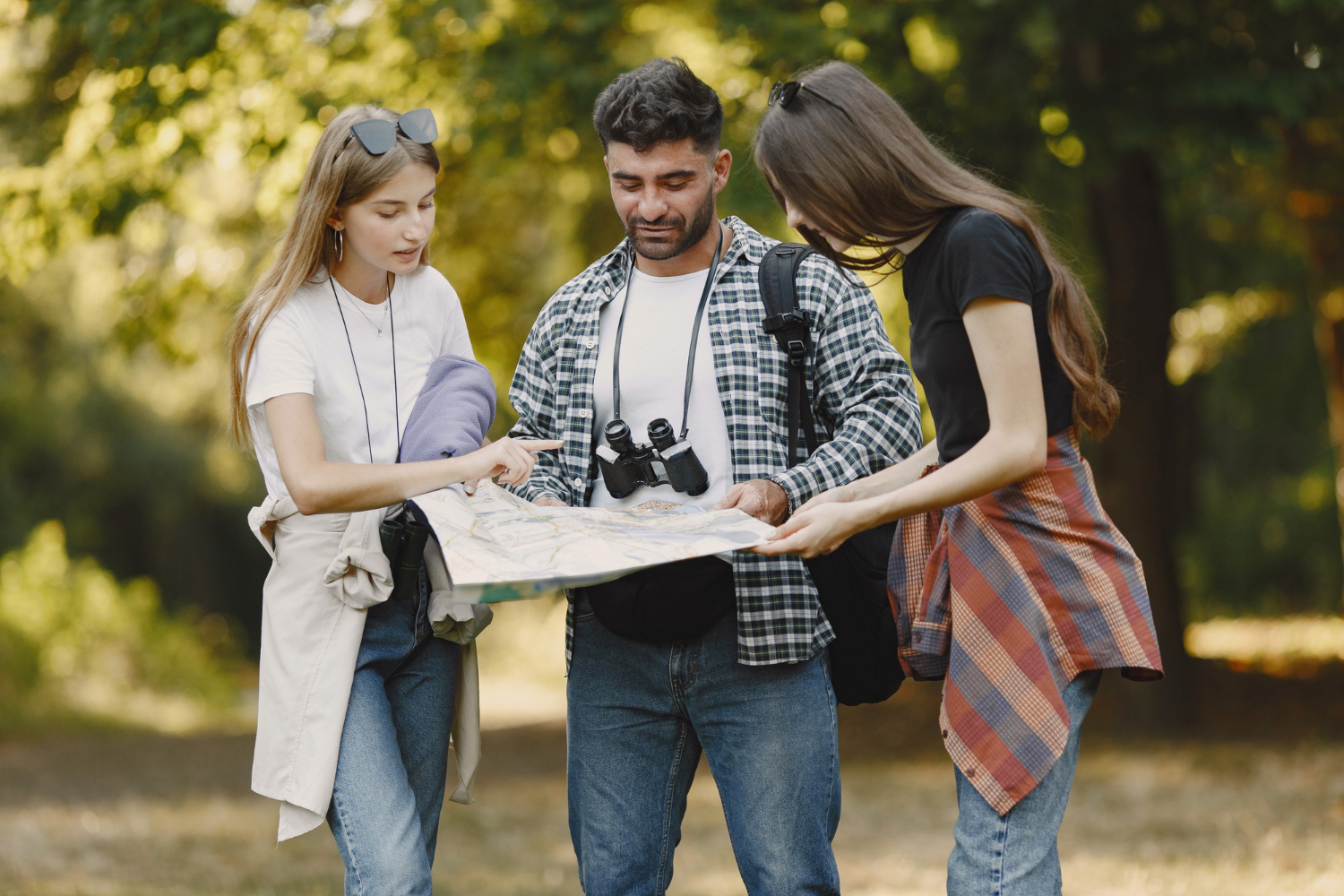
A guided trek turns topography into conversation. Local guides carry place names, weather lore, and kinship lines that maps omit, then set a pace that keeps lungs honest and spirits steady. Nights fall in tea houses or tents where stars feel near enough to rattle, and shared meals turn into brief friendships. Summits fade; the cadence remains, along with respect for people who call the high country home and read storms by scent and the tilt of birds.
Join a Sacred Festival With Respect

A sacred festival introduces a social contract as much as a celebration. Dress codes, offerings, and silence or dance are not props; they are the center, shaped by elders who hold memory for the crowd. Standing at the edge with respect, a visitor watches neighborhoods braid through drums, incense, lanterns, or parades. Meaning arrives later in small choices about greeting, sharing, and space, long after the confetti or ash has been swept away. Local time bends around ritual.
Spend a Week at a Monastery

A week at a monastery resets the volume on daily life. Bells, chores, and simple meals draw attention to the texture of hours while phones stay in a drawer and conversations narrow to what matters. Walking meditation turns corridors into landscapes; gardens replace timelines; sleep deepens. The gift is ordinary time made luminous, and a habit of silence that slips into mornings back home like a steady tide, unshowy and strong, reshaping focus long after departure.
Chase Dark Skies or an Eclipse
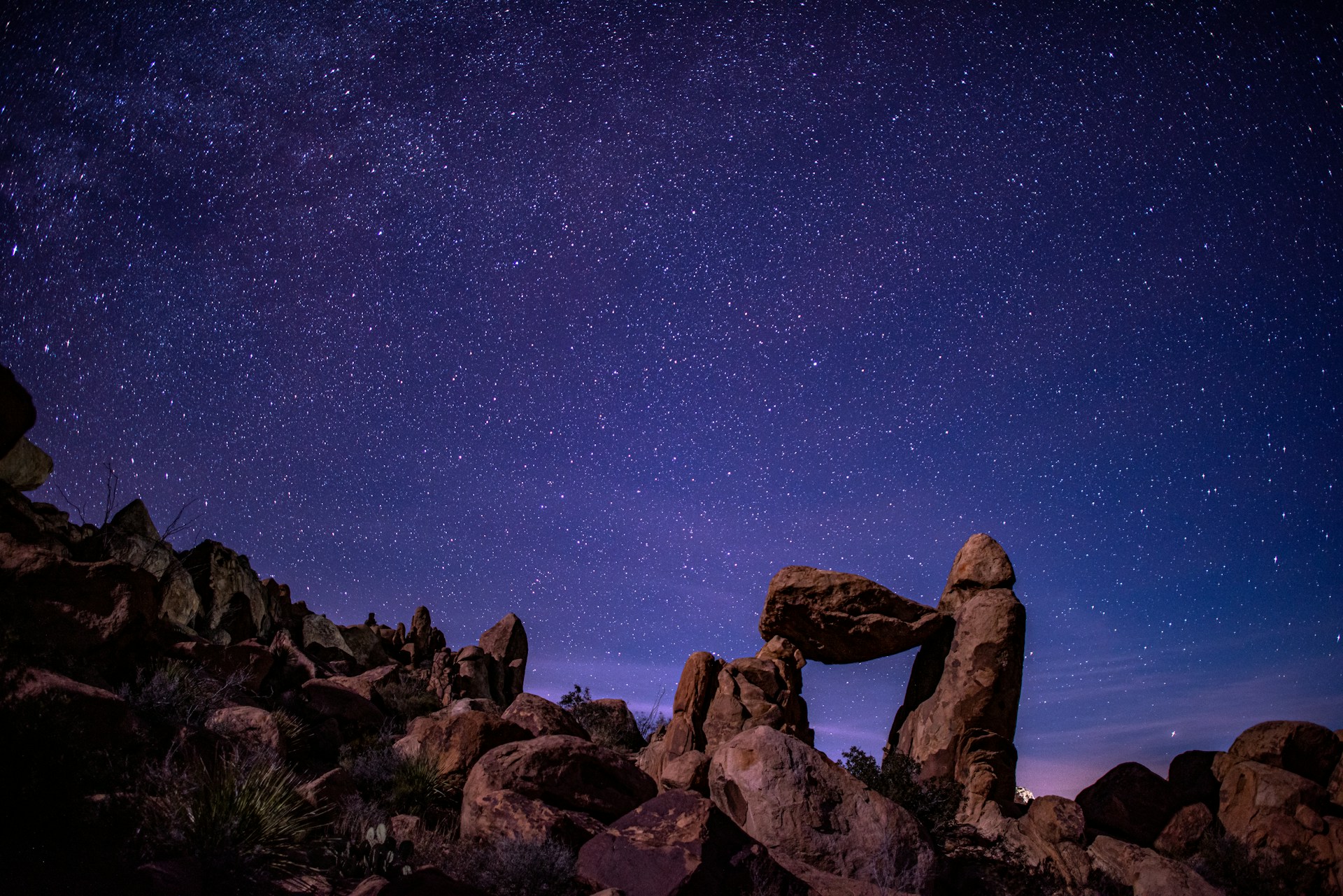
Dark-sky travel returns awe to scale. In places without glare, the Milky Way rises like weather, meteors stitch brief arcs, and the mind recalibrates what night means. A total solar eclipse goes further, turning birds quiet and air cool before day snaps back with cheers. Planning is part of the rite, yet the lesson arrives wordlessly: light, shadow, and time do the teaching, and ordinary life seems larger after the tripod and map are packed away.
